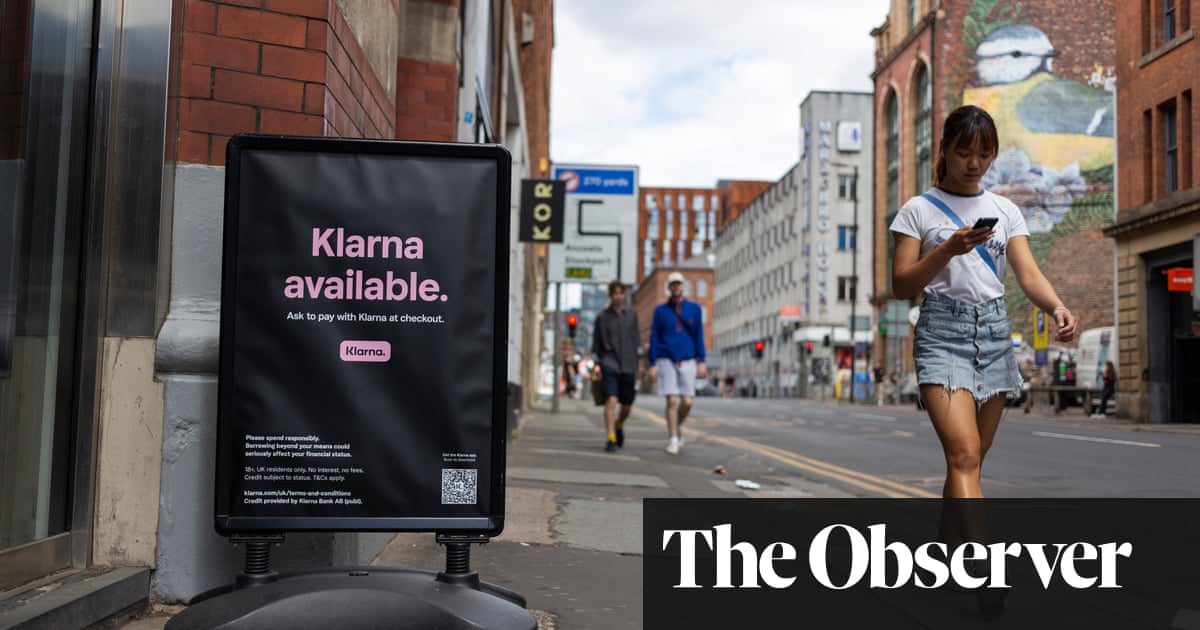
Counter-terrorism officials fear a rise in terrorist recruits after a collapse in referrals to the UK’s main anti-radicalisation scheme during the lockdown, as extremists pump out propaganda urging British attacks.
The Guardian understands referrals to Prevent are down by more than 50% since the lockdown started on 23 March, according to official figures yet to be made public.
Counter-terrorism officials fear a crucial defence is being weakened with young people spending more time online alone and unsupervised since schools and colleges closed.
Ch Supt Nik Adams, the national coordinator for Prevent, said: “What concerns me greatly is that the decline in the number of referrals doesn’t mean that there are fewer people that need our help, but that fewer people are able to access the support they need.
“Schools, mental health workers and other public services provide vital support and protection to young and vulnerable people, and the combination of those services being impacted by Covid-19 and the fact people are spending more time online means a small number of vulnerable people are at greater risk of being drawn towards terrorist activity.”
One major cause of the sharp drop in referrals is that those in the community who usually spot signs of concern, such as youth workers and teachers, are no longer meeting people. The scheme relies on such referrals. The fall in referrals is believed to be the largest ever in the more than a decade Prevent has been running.
Britain’s top counter-terrorism officer, assistant commissioner Neil Basu, has said Prevent is the most important strand of the UK’s counter-terrorism strategy to thwart mass casualty attacks by those radicalised by both jihadists and the extreme right wing.
Both ideologies have been trying to exploit the crisis in recent weeks.
Isis propaganda channels have called for followers in the UK to stage attacks because, they say, the west is weak and diverted by the pandemic. It has said that the crisis could allow Isis supporters to “overwhelm” the west. Isis has also used one of its propaganda channels to tell supporters to stay away from countries affected by coronavirus, and those in them to stay put.
The extreme right is trying to exploit the crisis by whipping up false claims Muslims are breaking the lockdown more than other groups and spreading the disease. In fake social media postings they have used old photos of worshippers going to mosques and falsely claiming they date from after the lockdown.
In reality, every mosque in the UK is closed with Muslims suffering a high death toll from the virus.
Far-right groups have tried to exploit false claims about a link between 5G technology and coronavirus, to draw people into its chat groups where they can then be groomed.
In 2019 a total of six terrorist plots were thwarted by British counter-terrorism police and MI5 investigators. Three were triggered by Islamist ideology and three by extreme rightwing ideology.
The vast majority of work to thwart terrorist attacks involves violent Islamist extremists. The extreme right wing poses a smaller, but growing, threat.
In the last year the overall threat of terrorist attacks has lessened but senior officers are very concerned by the big drop in Prevent referrals.
In recent years terrorists have seen the internet as a prime way of grooming vulnerable people. The coronavirus lockdown provides fresh – and police fear – enhanced opportunities.
Adams said: “Isolation may exacerbate grievances that make people more vulnerable to radicalisation – such as financial insecurity or social alienation.
“The extremists and radicalisers know this and, as ever, will look to exploit any opportunity to lead those people into harm, often using topical issues as hooks to lure them in.”
In November 2019 the UK terrorism threat was reduced from severe, meaning an attack is assessed as highly likely, to substantial, meaning an atrocity is likely, for the first time in five years.
The move was followed within three months by two terrorist attacks in London, at London Bridge and Streatham.












